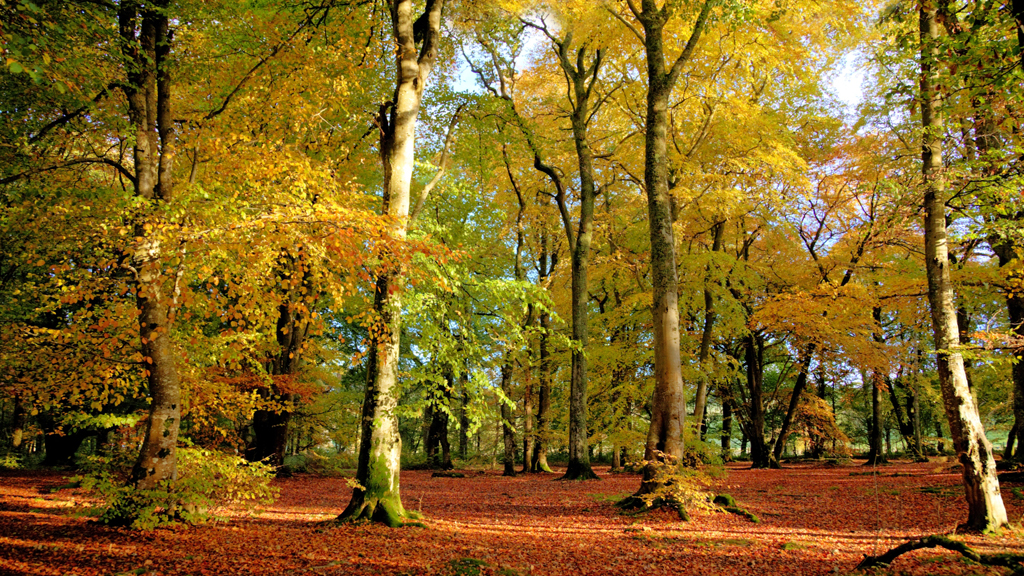Botanists on seed hunt to protect endangered trees
Britain’s botanists are heading out across the country collecting seeds from our most iconic and threatened trees, in an effort to combat invading pests and diseases.

As Channel 4 News reported yesterday, Britain’s woods are facing an unprecedented onslaught from newly imported tree pests and diseases like ash dieback. Many could be taking advantage of a changing climate and are spreading through our native and commercial trees.
The new project is led by the Kew Gardens Millennium Seed Bank. It hopes to build the first national collection of our native tree seeds to ensure enough genetic diversity is stored to rebuild populations that could be decimated by new diseases or pests.
“In the last 10 years we have seen an increasing threat to our trees from many newly arrived, often very aggressive pests and diseases,” said Paul Smith, head of the Millennium Seed Bank.
“In 2013 almost all of our favourite tree species, from oak to beech and ash, are affected.”
The Kew scientists are prioritising their collecting towards 50 of our most important species including common juniper, Scots pine, common ash and common alder.
Refrigerated vaults
They have also singled our some of our rarest species like the wild cotoneaster and the Plymouth pear, Seed samples will be stored in the seed bank’s refrigerated vaults at Wakehurst Place in Sussex.
The bank already has most of our plant species in storage. But they only have a few samples of each seed. To guard against diseases, they need genetic diversity in the seed bank.
“We have 93 per cent of the plant species banked as seed, but the problem is we don’t have many samples. We need full genetic representation because what we’re looking for is disease resistance,” said Dr Smith.
The project is supported by a £100,000 donation from the People’s Postcode Lottery. Botanists from Kew supported by tree experts from the Forestry Commission will collect samples of each species from 24 “seed zones” across the UK over the next five years.
Targeted species include:
- Common juniper (Juniperus communis), one of only three native conifers in Britain which is at risk from Phytopthera, a fungus-like pathogen
- Scots pine (Pinus sylvestris), which is increasingly at risk from diseases and pests such as Dothistroma needle blight and pine processionary moth
- Common ash (Fraxinus excelsior), which is threatened by ash dieback
- Common beech (Fagus sylvatica), at risk from an invasive pathogen which causes bleeding cankers on beech tree trunks;
- Wild cotoneaster (Cotoneaster cambricus), which has just a handful of wild trees at one site in North Wales
- Plymouth pear (Pyrus cordata), one of Britain’s rarest trees, which is found in only two locations in the wild.